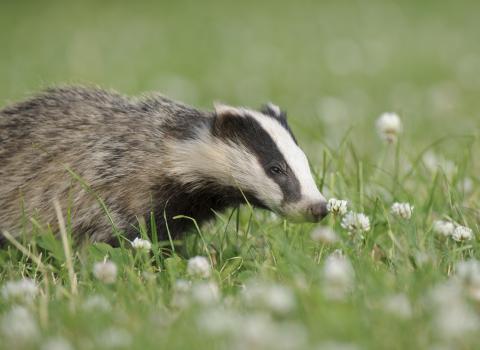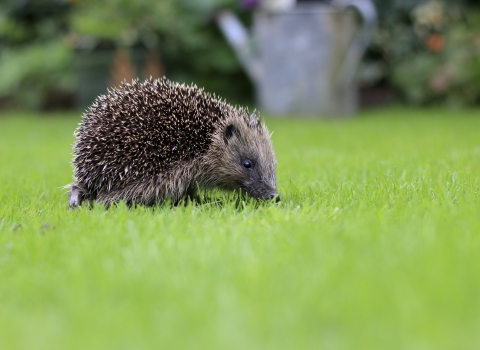Giving wildlife a voice
The planning system shapes the places where we live and work, and plays a vital role in determining the type and quality of landscape for future generations.
Inappropriate development can have a significant impact on wildlife; while sympathetic planning can help protect, enhance and even create new habitats, delivering valuable biodiversity enhancements. Our planning role is therefore about promoting positive outcomes as well as fighting potentially harmful proposals.
Lincolnshire Wildlife Trust give nature a voice by:
- responding to strategic planning consultations, such as Local Plans, ensuring appropriate policies are in place
- commenting on planning applications where there is potential for significant effects on wildlife
- providing advice to, and consulting with key stakeholders
- providing advice to members of the public
Responding to planning applications
Lincolnshire Wildlife Trust responds to a selection of key planning applications and policy documents. Unfortunately, we do not have the resources to respond to every planning application that may affect wildlife in the county. The Trust has therefore adopted a strategic approach to allow efficient use of limited resources, the statement of which can be downloaded below.
We will therefore respond to applications which may impact designated nature conservation sites, such as Local Wildlife Sites, Trust nature reserves, Living Landscape schemes or developments which offer significant opportunities for the enhancement of biodiversity.
Local authorities and/or Natural England (acting as a statutory consultee where an application involves a Site of Special Scientific Interest or protected species) both have responsibilities to ensure protection and enhancement of the natural environment through the planning system. Section 40 of the Natural Environment and Rural Communities Act 2006 places a duty on public authorities, including local authorities, to have regard to biodiversity conservation when carrying out their functions. This is commonly referred to as the ‘biodiversity duty’.
What can you do?
If you are concerned about a planning application near you having a detrimental effect upon wildlife, please have a look at our advice in the downloadable document 'Commenting on Planning Applications'.
It provides some guidance on how you can comment on applications near you to defend your local wildlife. It is important for local communities to make their views heard on applications that may have an impact on local biodiversity.
Government and local planning authorities encourage public participation and welcome any assistance that can ensure fully informed and balanced decisions.
Downloads
- Statement on provision of responses to planning (https://www.lincstrust.org.uk/sites/default/files/2018-03/lwt-statement-on-provision-of-responses-to-planning-and-other-consultations.pdf)
- Commenting on planning applications (https://www.lincstrust.org.uk/sites/default/files/2018-03/commenting_on_planning_applications_03-16.pdf)


